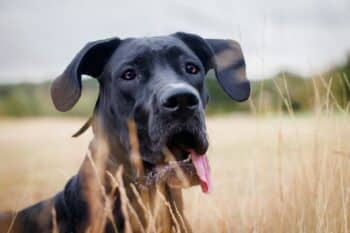
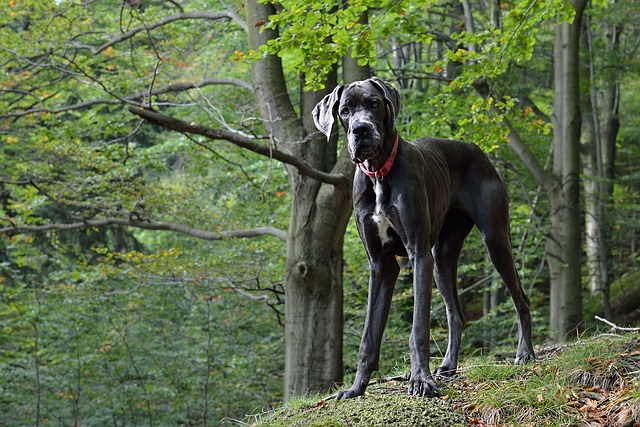
Great Danes are affectionately known as “gentle giants” for their colossal size and loving temperament. These towering dogs have long fascinated pet lovers with their majestic appearance and kind hearts, but there’s so much more to them than just their size. From their historical roots to their unique habits, Great Danes hold plenty of surprises! Here are nine fun facts you probably didn’t know about these lovable giants.
Great Danes Weren’t Actually Danish!
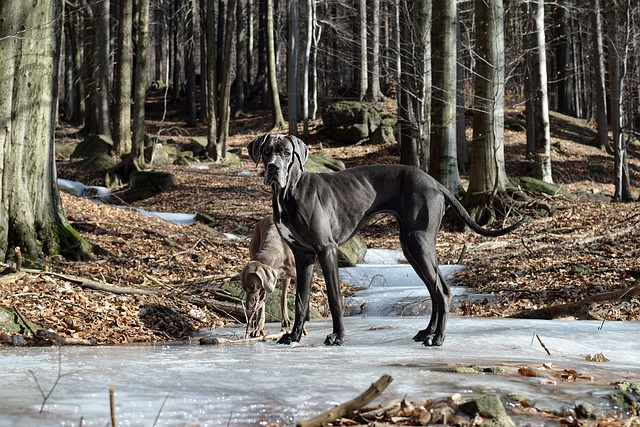
Despite their name, Great Danes originated in Germany, where they were initially bred to hunt boars. Germans called them “Deutsche Dogge,” or “German Mastiffs.” It wasn’t until they became popular throughout Europe that the name “Great Dane” emerged, sticking despite their true heritage.
They’re One of the Tallest Dog Breeds
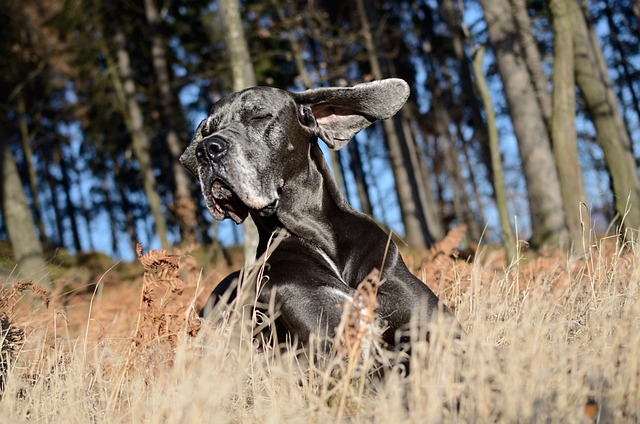
With their legs stretching up to 32 inches at the shoulder, Great Danes are one of the tallest dog breeds in the world! In fact, Zeus, the tallest Great Dane on record, reached a whopping 44 inches at the shoulder. Their impressive height contributes to their nickname, “Apollo of dogs,” referring to their stately stature.
Great Danes Were Once Royal Protectors
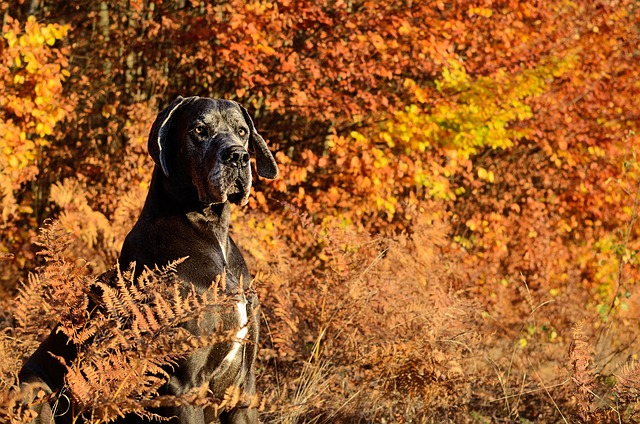
In addition to their hunting prowess, Great Danes were cherished by European nobility for their protective instincts. They often guarded royal households and estates, a role they were more than equipped for given their size and strength. Known for their loyalty, they provided both protection and companionship to their owners.
They’re Surprisingly Graceful
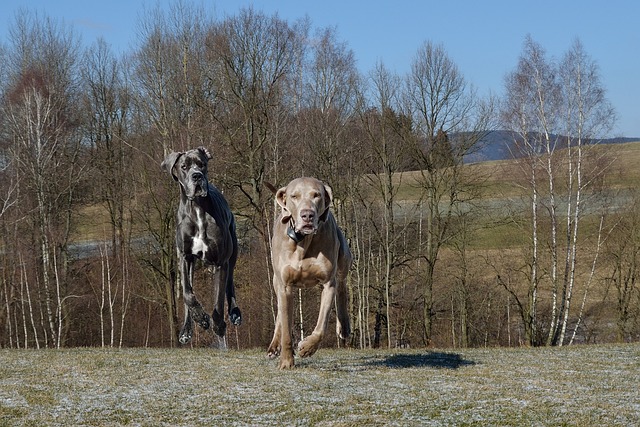
Despite their large size, Great Danes are known for moving with remarkable grace and elegance. Their gait is smooth and balanced, and they can sometimes even seem regal in how they carry themselves. This poise is a trait they share with smaller, more agile breeds, making them surprisingly light on their paws.
Great Danes Can Be Couch Potatoes
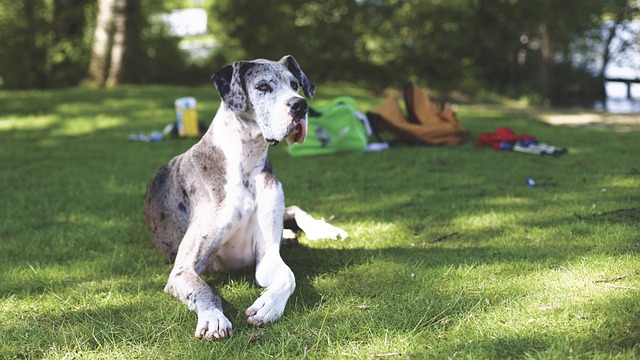
While they look like they’d need tons of exercise, Great Danes are often content lounging around. Known as “gentle giants,” they enjoy relaxing alongside their families, often curling up (or attempting to) on couches or beds. Though they do need regular exercise, they’re more likely to be seen snoozing than sprinting!
They Have a Wide Color Variety
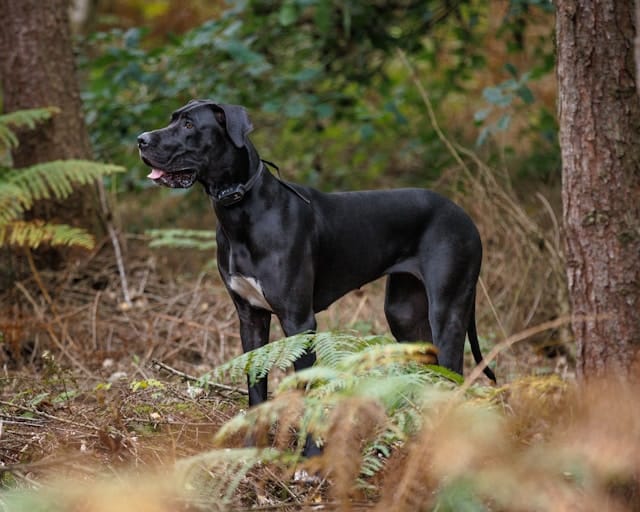
Great Danes come in a range of striking colors and patterns, including fawn, brindle, blue, black, harlequin, and mantle. The harlequin pattern is one of the most unique and recognizable, with its white base coat and black patches. This variety makes each Great Dane visually distinct and adds to the breed’s charm.
Great Danes Are Known for Their “Dane Lean”

If you’re friends with a Great Dane, you may have experienced the “Dane lean,” a quirky trait where they lean their entire body weight against their favorite people. This endearing habit is their way of seeking attention or simply expressing affection. It’s one of the ways these gentle giants show their love!
They Can Out-Eat Many Other Dogs
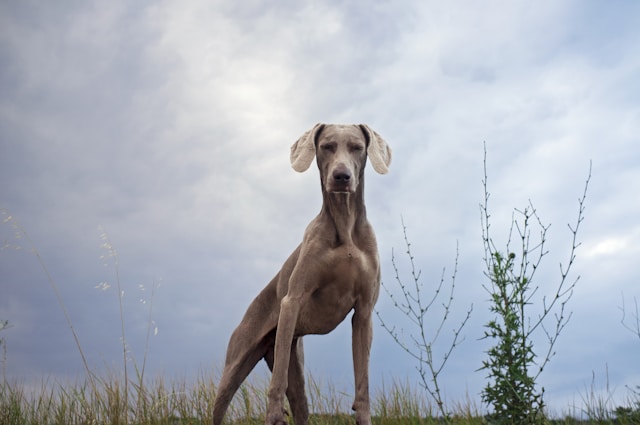
Great Danes require a substantial amount of food to fuel their massive bodies. They typically eat around 6-10 cups of food a day, depending on their size and activity level. This dietary requirement means that prospective owners should be prepared for both a big heart and a big appetite!
They’re Surprisingly Sensitive
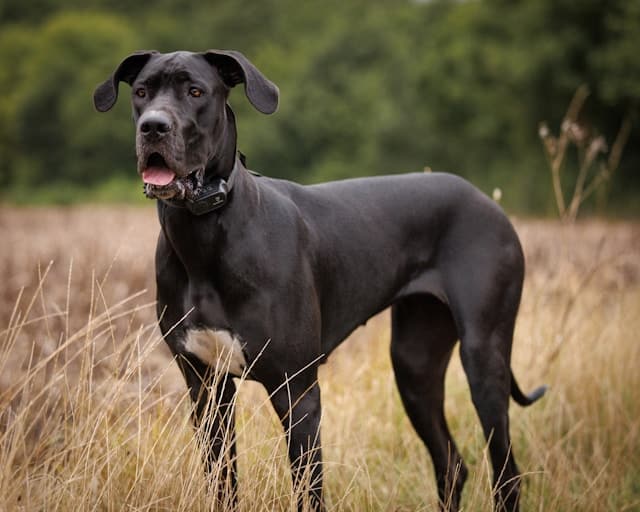
Beneath their imposing exterior, Great Danes have sensitive and often gentle temperaments. They form strong bonds with their owners and thrive on positive reinforcement, often becoming anxious or withdrawn with harsh discipline. They love to be part of the family and enjoy social interactions, making them loyal and gentle pets.
Big Love from the Gentle Giants
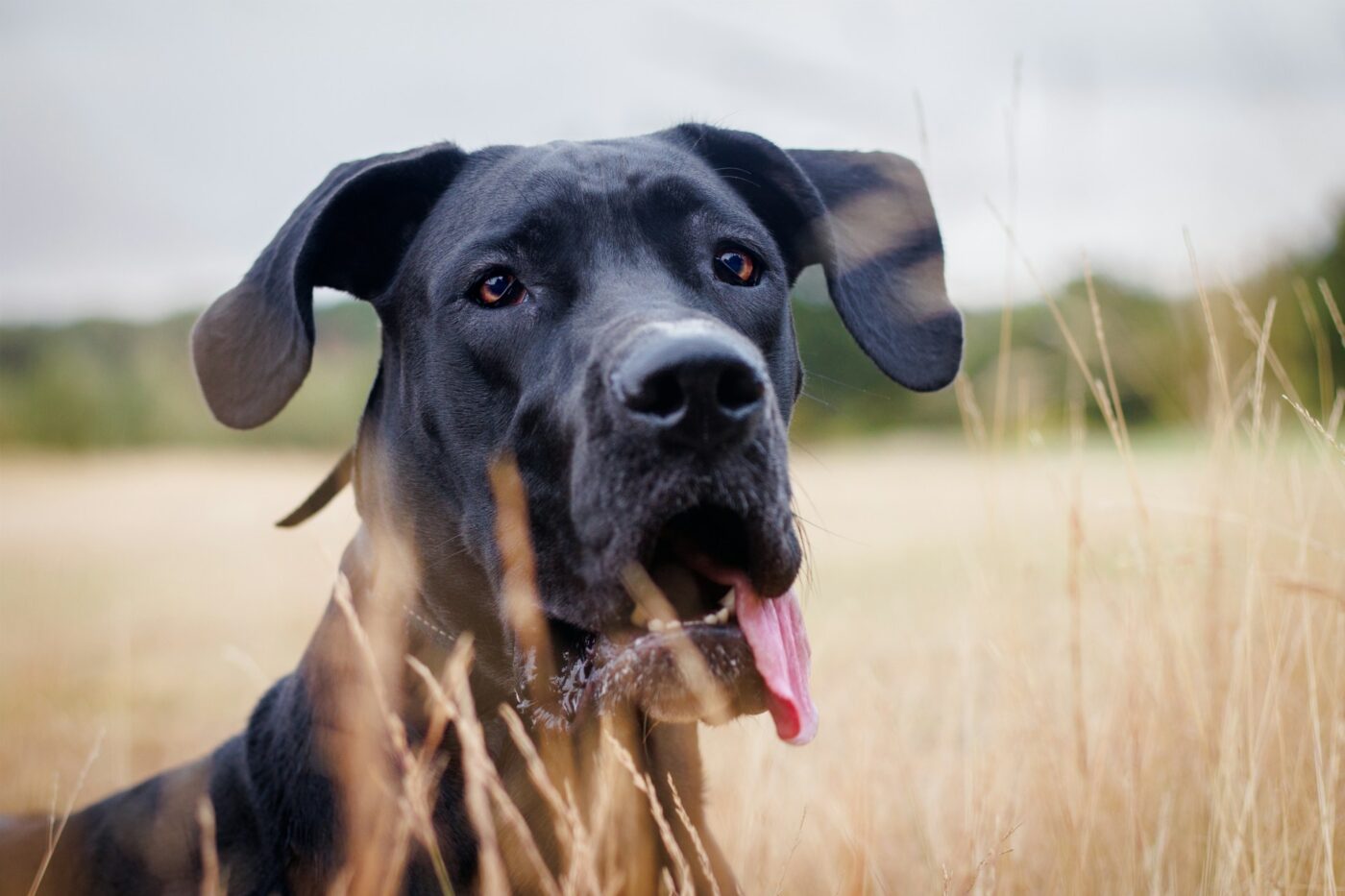
Great Danes bring more than just their size to the table—they offer a blend of loyalty, playfulness, and elegance that makes them truly special. Each fun fact showcases why they are adored by families and dog enthusiasts worldwide. Whether you’re marveling at their size or charmed by their gentle personality, one thing is for sure: Great Danes have a way of stealing hearts and spaces on couches, one gentle lean at a time!
The post 9 Fun Facts You Didn’t Know About Great Danes appeared first on iHeartDogs.com.
via Whisker Therapy